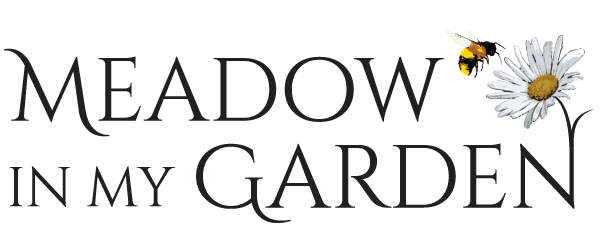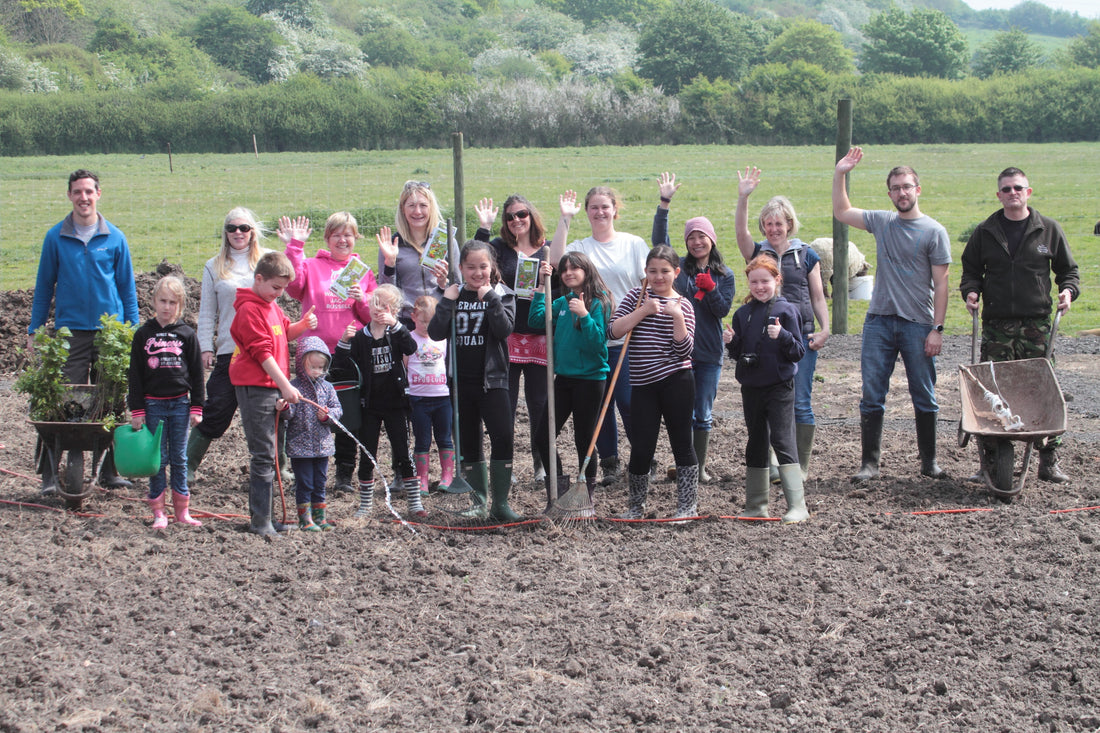
Life is becoming increasingly difficult for our insects. The 'Bugs Matter' survey was undertaken in the summer of 2021, and compared results with a similar survey in
2004. The survey took place across the UK and found that overall, the number of insects recorded had reduced by 58.5%. There were differences between each country. England suffered the greatest decline with 65.0% fewer insects recorded in 2021 than in
2004, Wales had 55.0% fewer, and Scotland 27.9% fewer.
This decline will have dramatic implications for the entire eco-system. Food chains could collapse and human beings won’t be immune to the consequences. It’s in our own interests to do our bit to help them all we can.
There is something we can all do, whoever we are, wherever we live. Collectively our gardens could become a vast nature reserve in which insects can flourish.
Here’s five things we can all do to help reverse the decline…
1. GO PESTICIDE FREE
Our reliance on pesticides has massively increased over the past few decades. These are indiscriminate and often kill far more insects than their intended target. Being more tolerant of insects that we currently view as pests can help countless others in the process. By eliminating the use of pesticides in your home and garden you give the insects who live alongside you a fighting chance. Follow PAN (Pesticide Action Network) to learn about sustainable alternatives to hazardous chemicals. Why not encourage your local council to join the growing list of pesticide free towns?

2. LEARN ABOUT COMPOST MAKING, NO DIG & THE SOIL FOOD WEB
Peatlands have been decimated by the horticulture industry’s use of peat as a growing medium in compost. These unique habitats take thousands of years to develop and are home to an incredible range of insects and birdlife. By making your own compost heap you will save money, protect the remaining peatlands and slow down the impact of climate change. To learn the secrets of compost making, the soil food web, and no-dig gardening, follow Eddie Bailey at Rhizophyllia.
3. GO WILD IN YOUR GARDEN
Alongside pesticide use, habitat loss is one of the biggest contributors to the decline in insect numbers. Being less worried about having a tidy manicured garden can be incredibly beneficial to all kinds of wildlife. Why not take part in No Mow May?

4. GET INVOLVED
You could become a valuable link in the Nature Chain - a useful place to start is our gardening for wildlife checklist. In 2021 enthusiasts from local parishes set up ‘Nature Chain’, an action group/forum to encourage the neighbourhood to create more wildlife habitat in village gardens and local landscape.

5. SOW A POCKET MEADOW
For the tenth Garden Fest on 3rd and 4th May, festival host Toby Buckland is joining Meadow In My Garden to launch The Pocket Meadow Project, an initiative that raises awareness of the habitat loss facing bees and other insect pollinators, and gives gardeners the tools to do something about it!

Although the scheme launches at Powderham Castle, the aim is to stay connected via National insect monitoring schemes and repeat this community-based model, creating a domino effect across the country.

